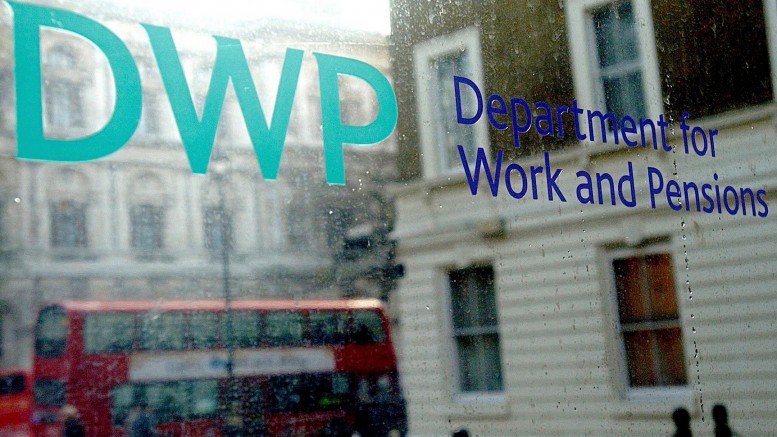It’s that time of year again, when the Department for Work and Pensions (DWP) decide how to allocate the Discretionary Housing Payments (DHPs) for the year 2016/2017. DHPs are to assist where the housing element of Universal Credit, or Housing Benefit, does not cover the full rent and where tenants will therefore accrue rent arrears. These payments are time limited, to cover tenants in extremis. For example, where a working tenant becomes unemployed and the property was larger than the benefit regulations allowed for his size of family.
Many local authorities seem to struggle to spend their full allocations and certainly, some were pushing hard to spend it between Christmas and the end of the financial year. This is because the amounts allowed are calculated based on what has been spent in the previous year, as well as factors such as local housing allowance caps, bedroom tax and the household benefits cap. The DWP have allowed an additional £20 million this year, increasing the DHP funding to £150 million.
This was broken down by ear-marking how it should be distributed as follows:
£30 Million – People affected by local housing allowance caps:
£60 Million – People affected by the bedroom tax
£40 Million – People affected by the benefit cap:
£20 million – Based on previous housing benefit expenditure:
Discretionary Housing Payments are not meant to last the length of a tenancy, and are usually allowed for 13 weeks (though it may be longer in some cases). One local authority used DHP’s to assist where a tenancy was offered shortly before the 35th birthday, to cover the difference between a single room rent (payable for the under 35) and the one-bedroomed rent (payable for 35’s and over).
Birmingham will receive the highest amount, £3.8million; London boroughs may have expected to be the biggest gainers, though very significant amounts went to Brent, with 2.9million, Westminster with £2.7million and Ealing, with £2.4million featuring amongst the highest.
Whilst landlords are always advised to guard against taking tenants who may require a DHP, by not taking any single under-35’s, or properties bigger than their household requires (and that must be what housing benefit regulations specify), the fact there is this fund available may help their tenants to sustain their tenancies and save the landlord the aggravation of expensive eviction procedures. The quite generous sums from Government are not the only help available – local authorities are allowed to further augment their DHP fund by 2.5 times, from their own resources.
I will always argue that no landlord really wants to evict a tenant who pays the rent and keeps the tenancy in a reasonable condition, but I will also say, that landlords did not provide their properties to be a charitable institution. It is a business, one which society cannot do without and to continue to do that, they need to receive the rent that was agreed. It is sometimes beyond a tenant’s control to avoid a claim for benefits when jobs are lost, but they should apply for a DHP immediately, if they will not get the full rent level for their property. The DWP will not volunteer information about the availability of this funding, so make sure your tenants know – TO ASK.
For advice on buy to let issues – General Knowledge








Be the first to comment on "Discretionary Housing Payments 2016-17"